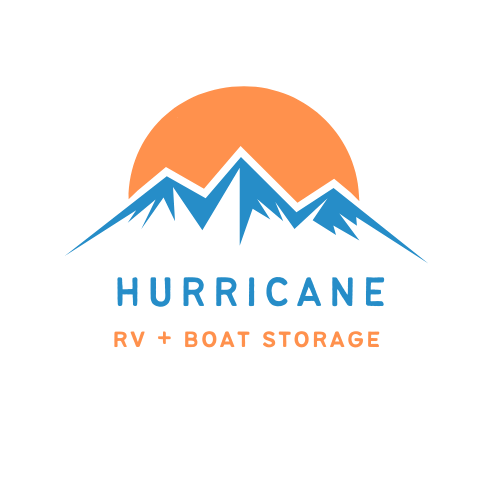Where To Store an RV When Not In Use
When You Don’t Want To Live With Your RV Full-time
Not everyone wants to keep their RV in their driveway or yard. These people should look at how to store and RV. Storing an RV when it's not in use is an important consideration to ensure its preservation and protection. Here are some common options for RV storage:
- RV Storage Facilities:
- Many areas have dedicated RV storage facilities that offer secure parking spaces for various types of recreational vehicles. These facilities often provide amenities such as security features, gated access, and sometimes even electrical hookups.
- Outdoor Storage Yards: Some businesses, such as outdoor storage yards, farms, or even some large parking lots, may offer space for RV storage. This option is usually more informal than dedicated storage facilities.
- Covered Storage: Covered storage is an option that provides additional protection from the elements. This could be in the form of a carport or covered parking space. Covered storage is particularly beneficial in areas with harsh weather conditions.
- Indoor Storage: Indoor storage options include renting space in a large warehouse or storage facility. Indoor storage provides the highest level of protection from the weather, but it can be more expensive than outdoor options.
- Home Storage: If you have the space, you might be able to store your RV on your property. However, local zoning regulations, homeowner association rules, and space constraints may limit this option.
- RV Storage at Campgrounds: Some campgrounds offer RV storage for their members. This can be convenient if you frequently visit a particular campground, and they provide storage services.
- Boat and RV Storage Associations: Some areas have associations or cooperatives specifically designed for boat and RV storage. Joining such an association might provide cost savings and additional security measures.
When choosing an RV storage option, consider factors such as security, accessibility, cost, and the level of protection from the weather. Additionally, make sure the storage facility or space complies with any local regulations or requirements. It's always a good idea to inspect the storage facility in person before making a decision and inquire about any additional services they may offer, such as maintenance or security features.

